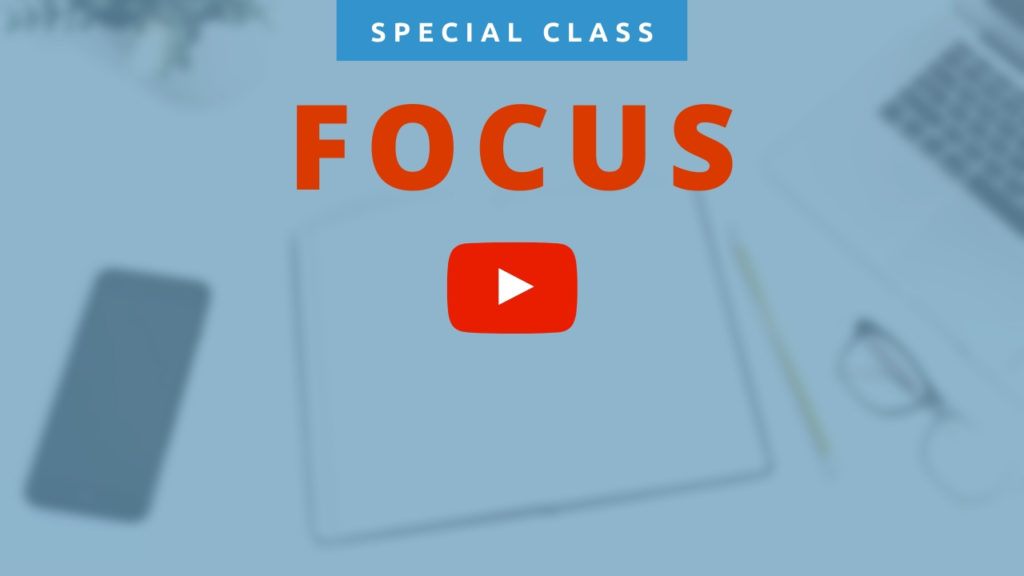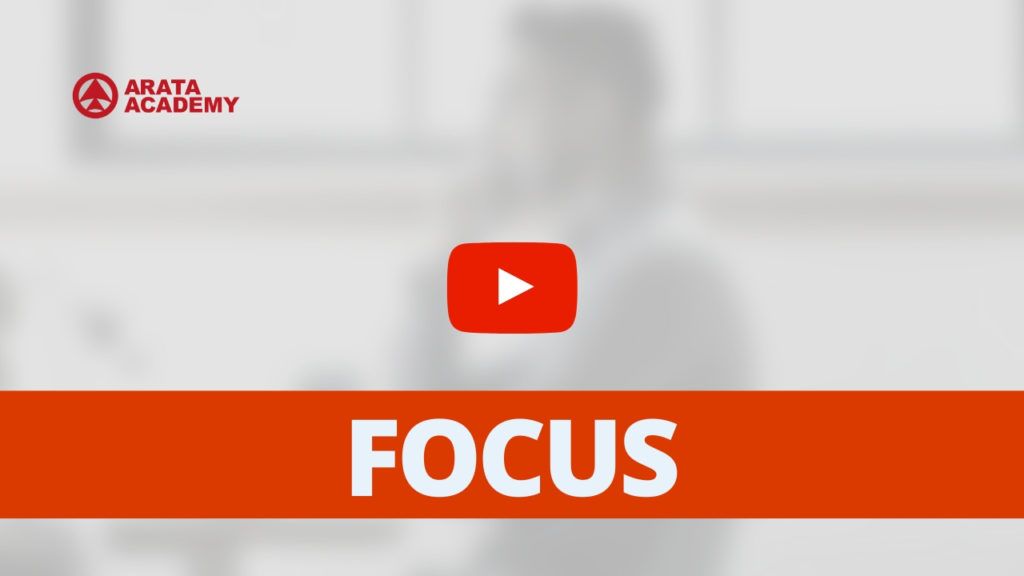Hello! Seiiti Arata. Anxiety is an evil that has been growing a lot in recent years. There are many definitions for anxiety, but we will consider in this conversation that anxiety is that uncomfortable feeling that happens before any moment of danger or important event, whether it is a real danger or something only in your head.
Many people still treat this sensation as something of little importance and suffer silently without seeking help. And if you learn to control anxiety, you will surely achieve a fuller life and more strength to achieve goals and overcome your personal challenges.
If you often experience symptoms such as the feeling of an empty stomach, rapid heartbeat, intense fear, tightness in the chest or excessive sweating, you may be suffering from excessive anxiety.
Living with anxiety is like having to run a marathon carrying a sandbag on your back. If you know how to control anxiety, you will be able to run free, lighter and much more likely to cross the finish line according to what was planned. Especially if all your competitors are still running with a sandbag on their back.
Controlling anxiety is a fundamental skill these days.
Have you ever felt the sensation of having to deal with problems, real or imagined, long before they actually happened?
This feeling begins as a simple positive concern. You are much better off worrying ahead of time than when it is too late. However, when anxiety crosses the healthy limit, it starts to be a feeling that disturbs your sleep. It is a feeling that insists on staying in your head, until it starts to really mess up your life.
Anxiety helps you when it gives you peace tomorrow if you act today to avoid major problems.
Anxiety harms you when it just takes away today’s peace and doesn’t reduce tomorrow’s problem.
It is at that moment that anxiety ceases to be a natural feeling for any human being and becomes a problem. This problem makes it difficult for you to fulfill your challenges and achieve your life goals.
That is why knowing how to control anxiety is such a fundamental skill these days.
According to the National Institute of Mental Health, anxiety disorders are the most common mental illness in the United States, affecting 18% of the population [source: ]. And it shouldn’t be much different in other countries.
Anxiety should help us.
From an evolutionary point of view, anxiety exists to help us. When we are facing a moment of danger or a challenging event, our nervous system gives us warning signals to face the approaching danger.
The heart beats faster. We breathe more often. The pupils dilate.
All of this is very useful in situations of real danger. Imagine one of our ancestors exploring a cave and having to be on the lookout for any animals that approach. In that case, the feeling of anxiety can make all the difference between life and death.
The problem is that, in today’s world, these moments of danger are often imaginary or very distant. Alarmist newspaper news, social pressure, information overload … all of this serves to generate dangerous situations in our head that are unlikely to happen.
When it grows, anxiety gets out of control and it starts to disrupt our lives. It begins to hinder the achievement of our goals. For example, when you stop earning a promotion at work or fail to close a deal because you can’t control your nervousness when talking to other people.
Anxiety disorders need to be treated seriously and responsibly.
When anxiety begins to go out of normal levels, the person may be diagnosed with some anxiety disorder, such as Generalized Anxiety Disorder (GAD).
These disorders form a group of mental disorders characterized by strong feelings of anxiety and fear. They may be linked to specific phobias and need to be treated responsibly by a specialized health professional.
If you came to this video looking for a cure for these disorders, our recommendation is that you seek professional help of your trust as soon as possible.
Anxiety disorders are diseases that can have serious consequences and are often linked to episodes of depression. So, if this is your case, you should seek appropriate medical advice.
Now, if you have just a little anxiety that is disturbing your day to day, then there are some practical techniques that can help you.
Identify the causes of anxiety to become a less anxious person.
The first step in knowing how to control anxiety is so obvious that many people end up not doing it. This first step is simply to identify the reasons, the reasons why you are becoming an anxious person.
Make a list of everything you think may be the cause of your anxiety. Then eliminate or reduce these causes one by one. In some cases, the simple fact that you write a list can already help, because creating lists helps you gain clarity and a sense of greater control over your circumstances.
Having made the list, the ideal is to try one item on the list at a time, reducing or even eliminating the item from your life. Then, see if this reduction worked, if it reduced your anxiety.
For example, let’s say you think social media is one of the reasons for your anxiety. In that case, do a test for at least a week to delete social networks from your cell phone and even block those networks on your computer.
After a week, check if your anxiety has subsided. If so, reinstall social media for the same amount of time and see if your anxiety increases.
If the two are related, then you have a good clue that that item on the list is actually linked to increased anxiety. From there, you must make the decision to reduce or eliminate that item from your life.
After that first experiment, move on to the second item on the list and do the same, until you have calmly and unhurriedly examined each of the items that may be generating anxiety in your life.
Anxiety is a widespread evil that has been growing a lot in recent years. People who learn to control anxiety have a great advantage both to lead a more peaceful life and to achieve goals and objectives in an easier and faster way.
Today you learned a simple practice that will generate a lot of clarity about what may be causing anxiety in your life.
There are other techniques for reducing anxiety. Virtually all of them are related to focusing on what is happening in the present, preventing your mind from anticipating problems that are probably not even going to happen.
If you want to learn more about these focus improvement techniques, I invite you to visit our FOCUS course by visiting this link.

